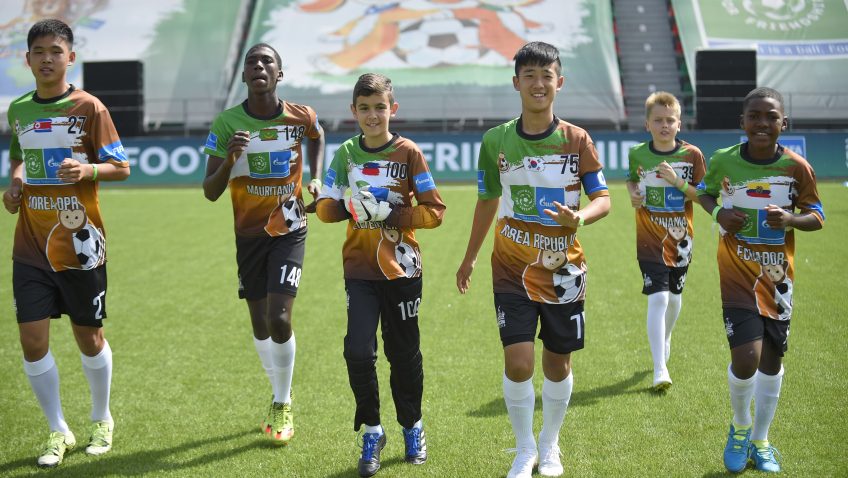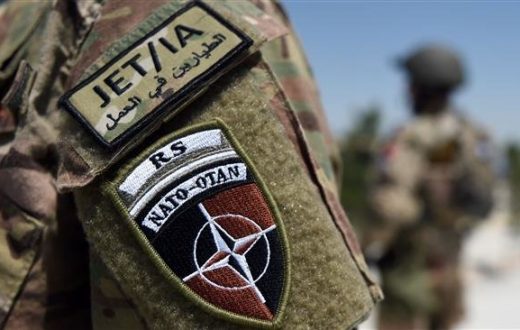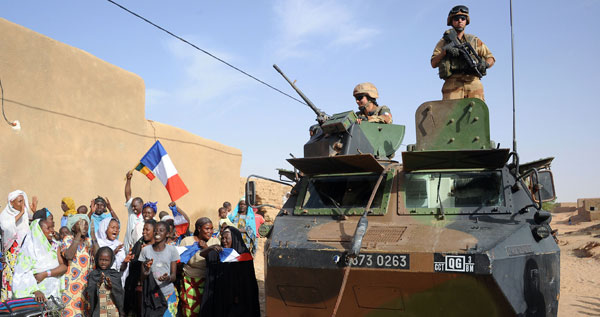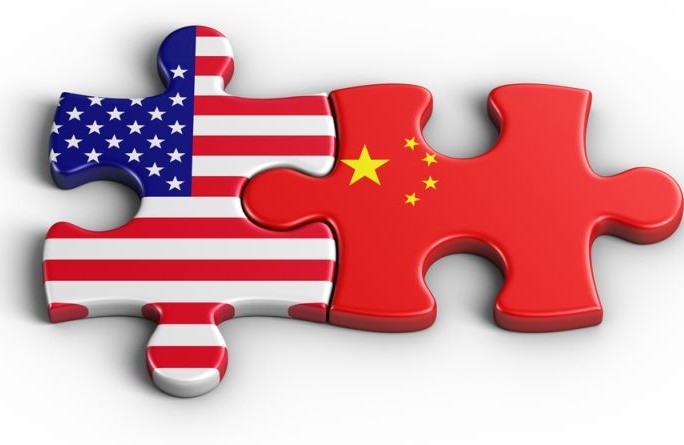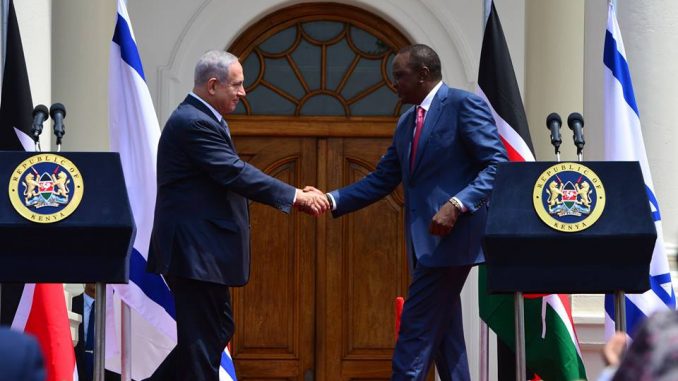Moscow – Young participants in the 6th season of the Gazprom International Children’s Social Programme Football for Friendship have safely returned to their home countries. They are boys and girls of different nationalities and different physical abilities, who visited Moscow on 8–15 June to participate in the final events of the Programme: the International Friendship Camp, First Football for Friendship World Championship, International Children’s Forum, and the events of the FIFA World Cup Organising Committee. The Young Footballers from North and South Korea played in the same team and returned home as best friends.
According to the results of the Open Draw, which took place back in February 2018, the Young Footballers from these countries found themselves on the same international friendship team — Blonde Capuchin — which united young talents from different parts of the world.
From the first days of the International Children’s Camp in Moscow, the participants from North and South Korea got on with each other very well. They had lots of conversations, and, during the time of joint football competitions, these young people presented themselves as the strongest players of their team. During the project, the Young Footballers became true friends and, before going back to their home countries, promised each other to keep in touch, and perhaps, meeting again.
Young Ambassador from South Korea Chan Woo Kim, who has been professionally playing football since the age of 7, was selected to participate in the 6th season of Football for Friendship by the South Korean National Football Federation as a result of an open competition among youth football clubs of the country.
On the other hand, young participant from North Korea Tae Gwon Ri, who has been playing football since the age of 8, also underwent a serious selection for participation in the Programme: he won a competition for ball handling among his peers from the best North Korean youth football schools.
Vladimir Serov, Global Director of the Football for Friendship International Children’s Social Programme, argued that the 6th season of Football for Friendship managed to bring together children from all corners of the world on the same team. Values promoted by participants in the Programme are the basis of harmonious development of the individual, without which it is impossible to achieve success not only in sports, but in all other spheres of life.
“Thanks to the special atmosphere that we have managed to create on the project, all the children regardless of their gender, nationality, and physical abilities can freely communicate with each other without any boundaries at all” Serov added.
It is obvious that this young diplomacy became a true symbol of the 6th season of the Programme because Football for Friendship has proven once again that there are no borders for partnership, teamwork, and mutual understanding.
“Participation in the Football for Friendship Programme helped me not only make new friends from different countries of the world, but also improve my sports skills because we were trained by real professionals. And I will always remember the opening day of the World Cup because I was lucky enough to represent my country at the opening ceremony of the Russia–Saudi Arabia match! My dream came true!” said Young Ambassador Tae Gwon Ri (North Korea, 12 years old).
PJSC Gazprom has been implementing the Football for Friendship International Children’s Social Programme since 2013.The aim of the project is to develop children’s football, promote football diplomacy, tolerance and respect for different cultures and nationalities among children from around the world. The key values supported and promoted by participants include friendship, equality, justice, health, peace, loyalty, victory, traditions, and honour.
By Idriss Zackaira

